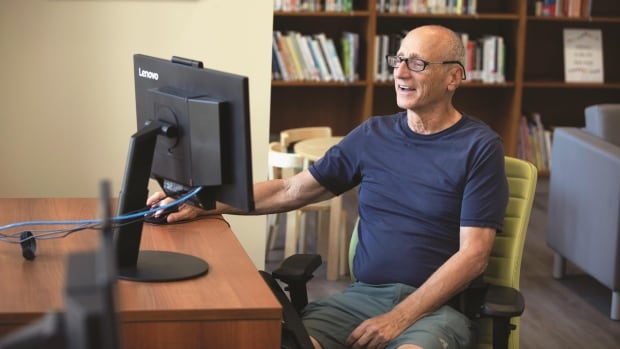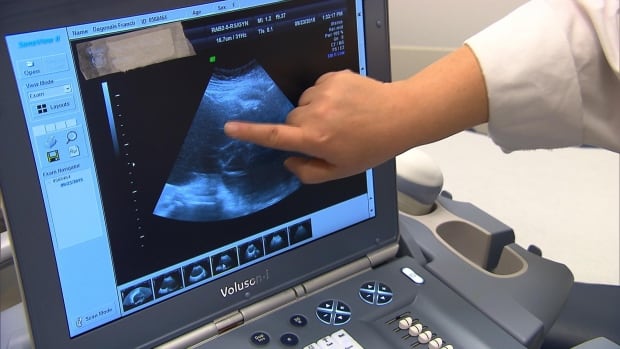
Staffing levels for ultrasound technologists are “critically low” in Nova Scotia, according to the union that represents them, creating challenging working conditions and delays in care for patients.
Sandra Mullen, president of the Nova Scotia Government Employees Union, said health-care facilities across the province are struggling to recruit and retain ultrasound technologists, and she points to pay as the number one reason.
Mullen said wages for ultrasound technologists in Nova Scotia are the lowest in the Atlantic provinces.
“They should be leading in Atlantic Canada and they’re falling behind rapidly,” she said in an interview.
Hourly rates in Nova Scotia start around $34 and top out just shy of $40. Mullen said ultrasound technologists , also known as sonographers, earn as much as $9 more per hour in other parts of the region.
The NSGEU is currently bargaining for a new contract for health-care workers. Mullen said the union has asked for conciliation and is waiting for the government to set dates.
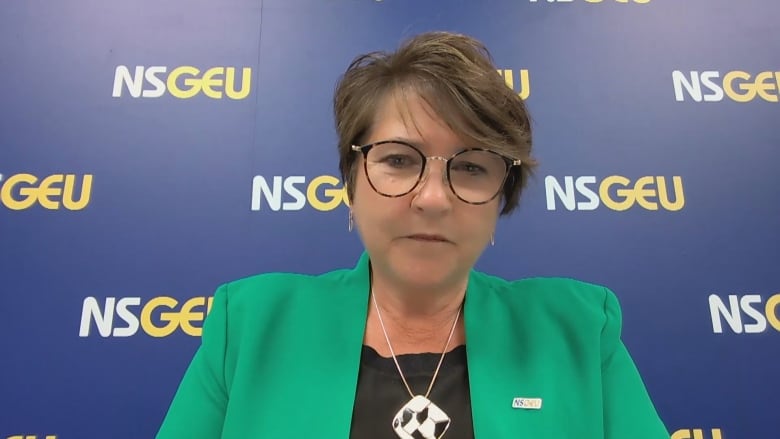
Patients waiting weeks to months
Ultrasounds are commonly used to assess the development of unborn babies in utero and to look for abnormalities inside a person’s abdomen. They can detect tumours, blood clots and inflammation, among other things.
According to government data from the first quarter of 2024, average wait times for ultrasound appointments varied from several weeks to more than 10 months.
Mullen said sonographers are working extra hours to try to accommodate demand, but they can’t keep up.
“So they feel terrible having to serve these patients later than they should be.”
Andrea Slaney, a spokesperson for IWK Health, which operates the province’s women’s and children’s hospital, said in an email there are currently six full-time vacancies out of a total of about 22 positions. She said seven applicants are now under review.
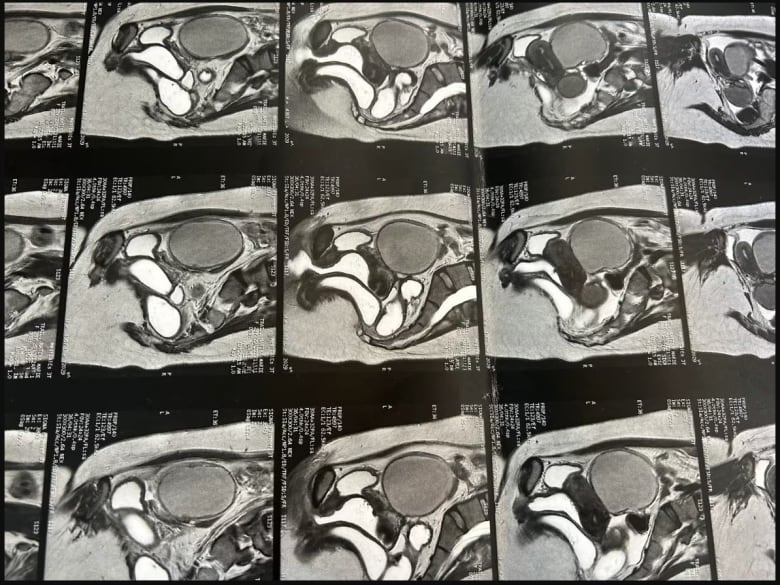
In the meantime, Slaney said, “non-urgent and routine procedures may take longer in some cases, however any urgent, emergent and time sensitive procedures are being triaged and done accordingly.”
Nova Scotia Health could not immediately provide the number of sonographer vacancies at its facilities.
Signing bonuses and travel technologists
Mullen said the shortage of ultrasound technologists has resulted in “poaching” between the province’s two health authorities, with five sonographers leaving the IWK in the past 18 months for Nova Scotia Health, where they were offered a $10,000 signing bonus for two years’ return of service.
Nova Scotia Health confirmed those moves, but said in an email, “there was no direct or targeted recruitment from our team to entice these workers to take these roles.”
“It’s important to clarify that IWK and NS Health do not actively poach staff from one another,” spokesperson Brendan Elliott said. “We do have circumstances where employees leave NS Health to go to IWK, and vice versa. They would do that on their own through applying for a posting.”
The IWK is also offering $10,000 signing bonuses for all permanent hard-to-fill positions with diagnostic imaging and lab departments, and up to $5,000 in relocation assistance for out-of-province applicants.
Mullen said the shortage has also driven the health authorities to use travel technologists — workers who take temporary contracts through agencies.
The use of travel nurses proved very costly for Nova Scotia during the pandemic, and the province has since changed its policy on travel nurses to limit their use.
Mullen said she worries travel ultrasound technologists will be similarly costly, and could be harmful to morale, since travel workers often make a higher wage than their counterparts.
Nova Scotia Health said it has used travel sonographers in the eastern and western health zones, “but the use is limited and only called upon as a final option.”
The IWK said it has recently given notice of its intent to use travel sonographers on a temporary basis while working to fill vacancies.
What the government says
Premier Tim Houston had no opposition to workers moving between sites to follow signing bonuses.
“I don’t think there’s any problem with a Nova Scotian deciding that they want to work somewhere else in Nova Scotia and I would not be the government that says, ‘you can’t work there, you have to work somewhere else,'” he told reporters Thursday.
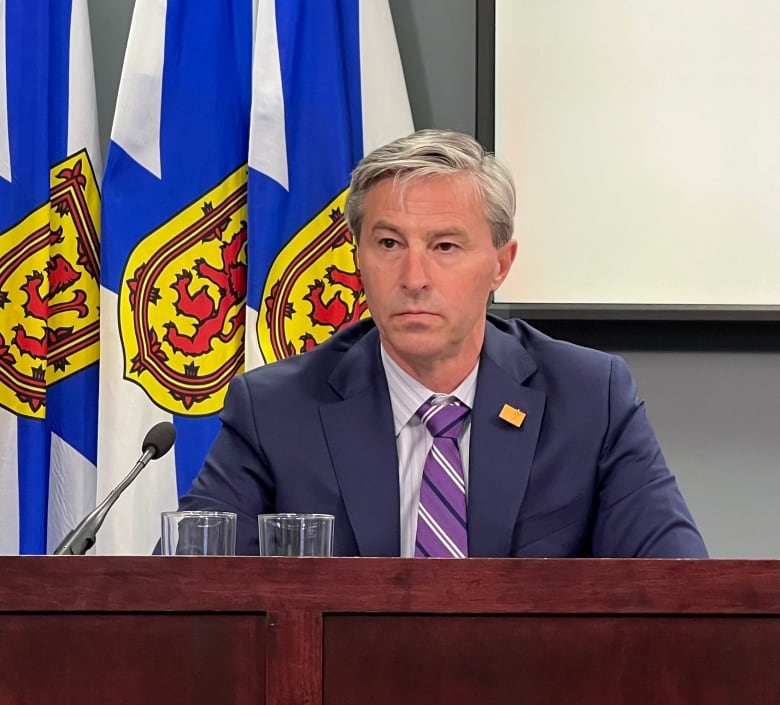
Health Minister Michelle Thompson said signing bonuses and travel technologists are helping to keep health-care services available.
“What I’m OK with is making sure Nova Scotians get the care that they require,” she said.
She said training will be part of the solution to the shortage of ultrasound technologists, and seats have recently doubled from eight to 16.
She said “investing across the system” is improving overall working conditions to help with retention.
Opposition reacts
Liberal Leader Zach Churchill said sonographers following signing bonuses within the province is a sign of desperation in a struggling health-care system.
“It’s robbing Peter to pay Paul. It doesn’t make sense,” Churchill said.
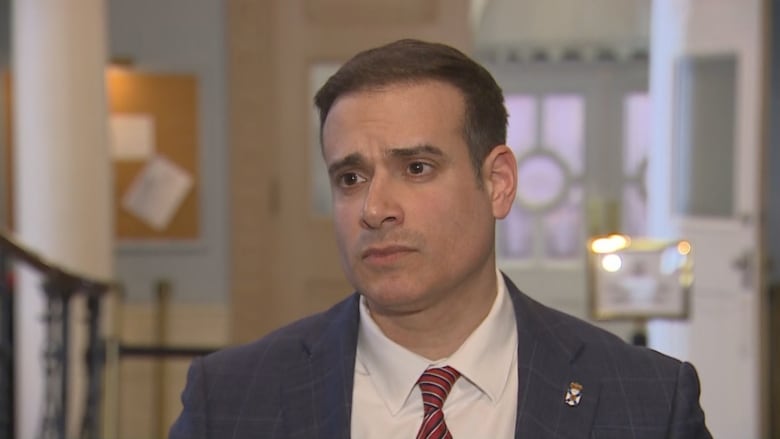
“I am very concerned about losing capacity from the IWK … because that hospital is saving our kids’ lives and there’s nowhere else for them to go. It’s also the leading facility for women in this province.
“So if we’re poaching staff from there, we’re gonna be creating, I think, bigger problems for kids and women who are already not getting what they need out of our health-care system.”
Susan Leblanc, the Nova Scotia NDP’s health-care critic, expressed similar concern.
“The health authorities poaching from each other — that is a direct consequence of underpaying and undervaluing our health-care workers,” she said.

